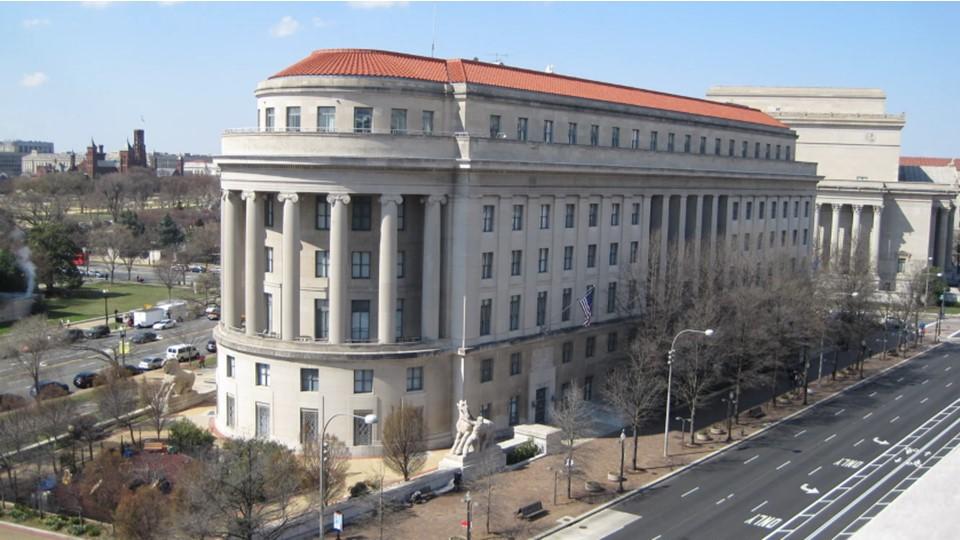FTC said to be planning legal action against PBMs

The Federal Trade Commission in the US is planning to sue the owners of the three largest pharmacy benefits managers (PBMs) for anti-competitive behaviour, on the heels of its damning report on the sector.
Media reports in the US citing multiple sources suggest that the financial regulator is working on legal action against PBMs owned by UnitedHealth Group, CVS, and Cigna, claiming they have skewed the market by pushing patients to use more expensive drugs, including branded versions of insulin. The three companies respectively own the top three PBMs OptumRx, CVS Caremark, and Express Scripts.
The lawsuit could be filed within weeks – potentially before the end of the month – and could end up being a signature action by FTC chair Lina Khan, alongside suits against Amazon, Microsoft, and Meta, as she approaches the end of her statutory term in September.
An article in the Wall Street Journal has suggested that the FTC’s impending lawsuit will focus on insulin, already the subject of legal action from various US states and cities in recent months.
Reports of the FTC’s plan come just a couple of days after the regulator published its long-awaited report on the PBM sector, which concluded that their market dominance has “dire consequences” on patients and independent pharmacists, with the big players directing patients to their own pharmacy chains.
The regulator has also accused the PBMs of failing to cooperate wholly with its investigation, which has been running since 2022, and said in its report that it would be considering either legal action or additional regulation of the sector.
One focus of the report is the rebates pharma companies pay to get medications on formulary lists of covered drugs, which some claim can inflate the cost of medicines and are not always passed on to patients. The argument is that PBMs negotiate agreements and higher rebates with drug manufacturers that limit access to cheaper generic alternatives from the PBM’s formulary, stifling competition.
And by paying their own pharmacies more than wholesale cost for certain cancer drugs, the three largest PBMs were able to generate $1.6 billion in extra revenue over three years, according to the FTC.
The PBM sector, meanwhile, has claimed that the primary problem with high prices in the US market is the list prices set by manufacturers, that its margins in recent years have remained consistently around 4.5%, and that, while the share of sales at independent pharmacies has fallen “slightly”, total sales at independents through the largest three PBM networks have grown over time.
The only FTC Commissioner who voted against releasing the report – Republican Melissa Holyoak – has also claimed that the document is “plagued by process irregularities” and will “only exacerbate ideological schisms and further degrade the legitimacy” of the FTC.
Meanwhile, advocacy group Patients For Affordable Drugs Now (P4ADNow) said in response to the FTC’s report that it “confirms what patients have long suspected: the largest PBMs wield significant control over which drugs are available for patients and at what price.”
PBM reform is urgently needed, according to the organisation’s executive director, Merith Basey, but she also has strong criticism of the pharma industry.
“Big pharma should not be excluded from the narrative,” she said. “Nearly 1 in 3 Americans cannot afford their prescription drugs largely due to drug companies’ abuses of the patent system and their ability to set and raise drug prices with impunity.”













